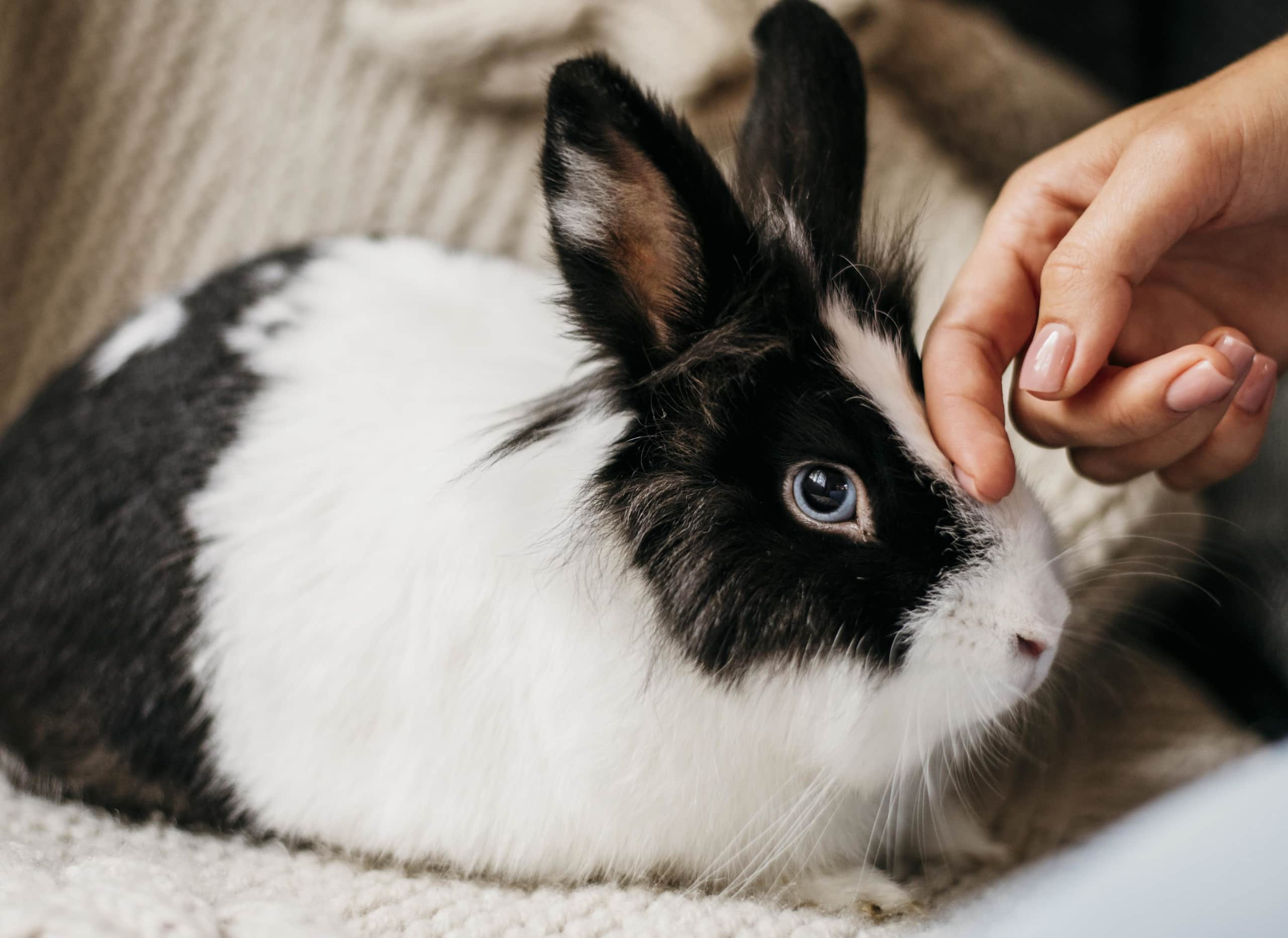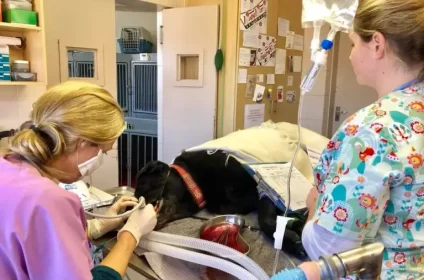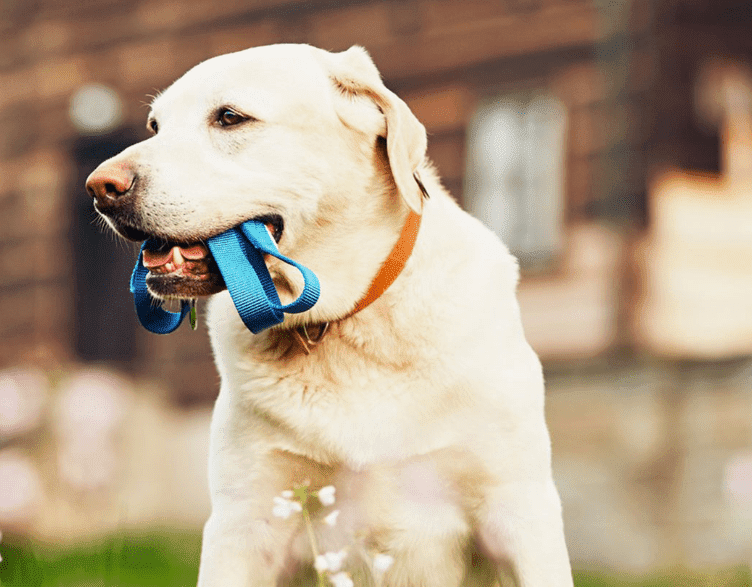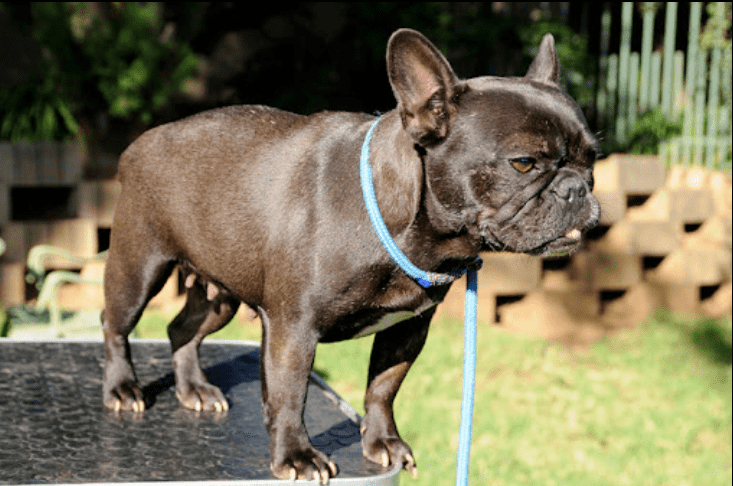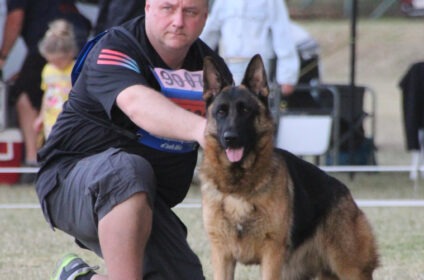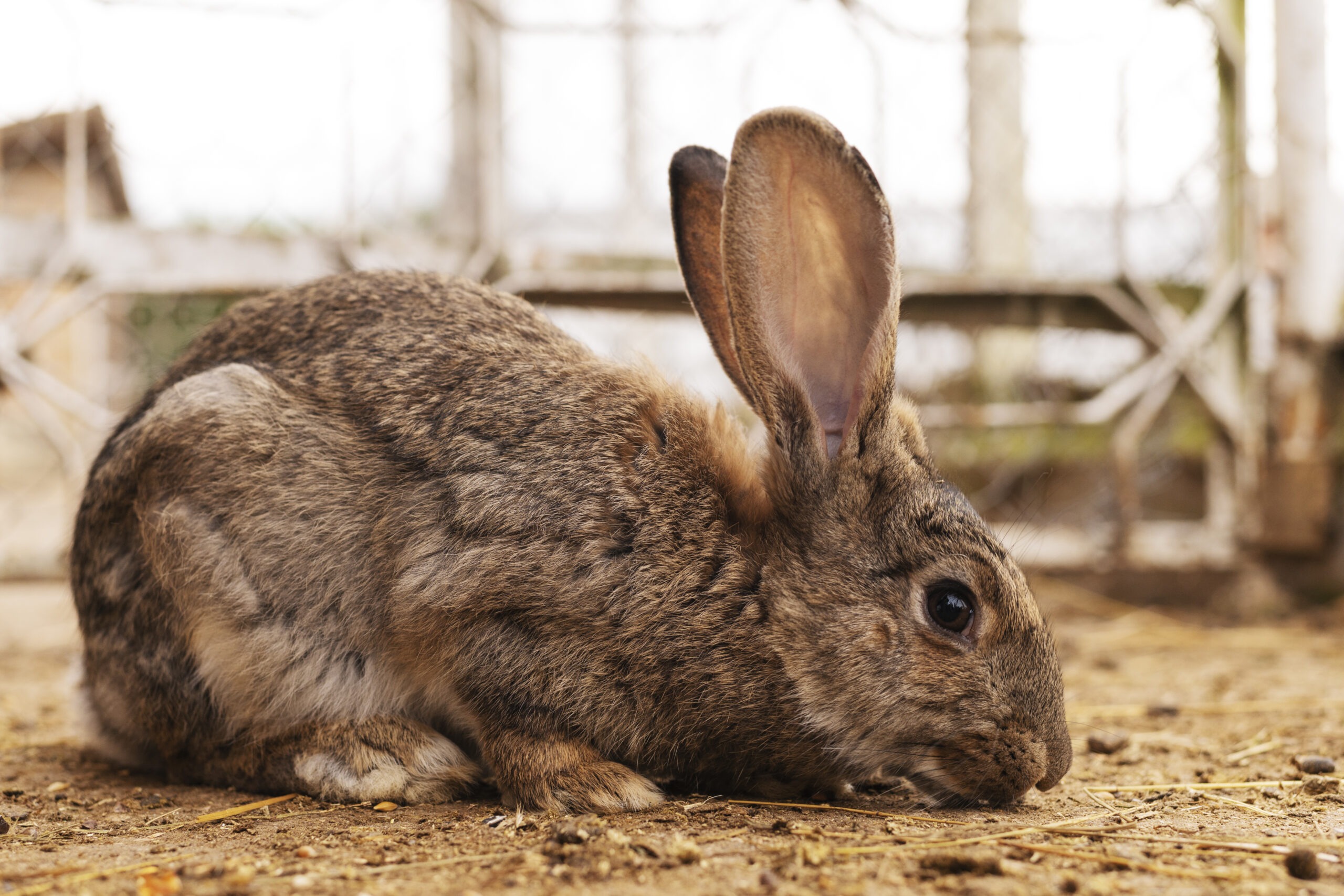Obesity in dogs is a prevalent concern related to dog nutrition. This article highlights the causes, consequences, and solutions for canine obesity.
Obesity is on the rise, not only in humans but also in our four-legged companions. Canine obesity is a significant concern that affects dogs’ overall health and well-being. Understanding the causes and consequences of this problem is the first step in addressing it.
Causes of canine obesity can range from overfeeding and a lack of exercise to feeding high-calorie treats and human table scraps. Just like in people, obesity in dogs can lead to a multitude of health issues, including diabetes, joint problems, heart disease, and a decreased lifespan.
The solution to canine obesity starts with a balanced diet and regular exercise. Ensure you’re feeding your dog an appropriate amount of food for their size, age, and activity level. High-quality dog food is recommended, and treats should be given sparingly.
Exercise is equally important. Regular walks, playtime, and mental stimulation through interactive toys can help keep your dog in shape. Consult with your veterinarian to determine the right diet and exercise plan for your specific dog.
Canine obesity is a growing concern in dog nutrition, but with awareness and commitment to a healthy lifestyle, you can help your dog maintain an ideal weight and live a longer, happier life.





